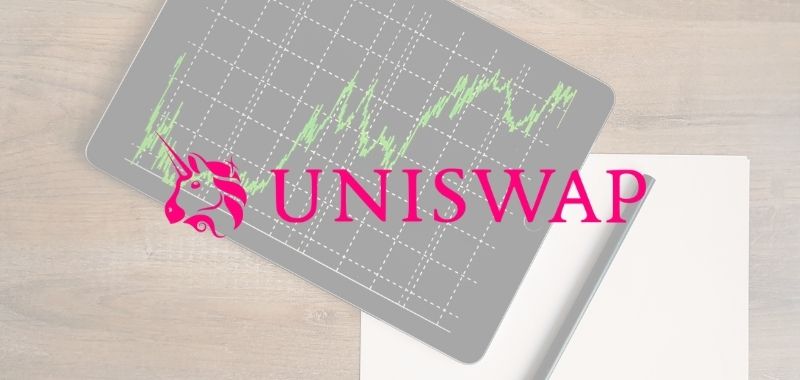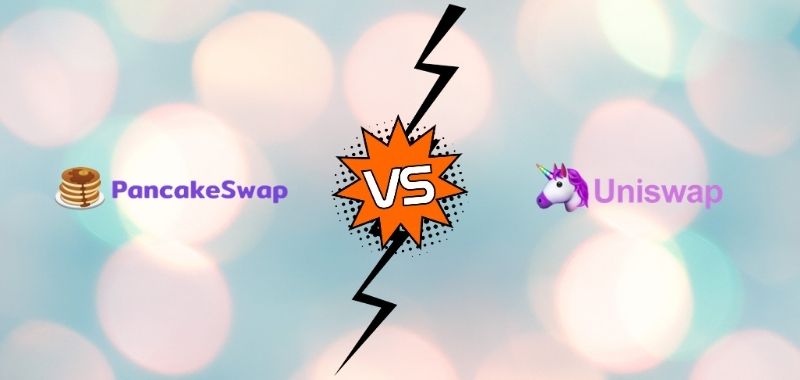Opinion
Aave CEO: Yield Farming “craze” is coming to an end
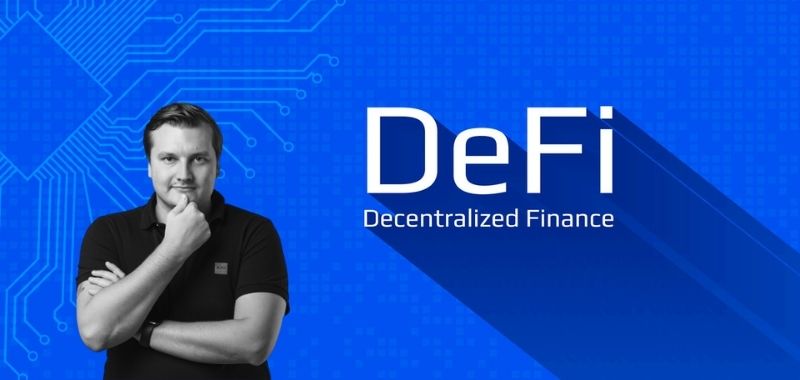
Stani Kulechov, the CEO of Aave, highlighted some of the problems with the copy-and-paste nature of today’s DeFi space, adding that the overall fundamentals are still strong.
Aave CEO defines decentralization
The DeFi economy can be imbalanced, often favoring wealthy whales over average users. This is especially true when high Ethereum fees shut out retail investors.
Aave founder and CEO Stani Kulechov spoke to Cryptoreportage about DeFi’s problems and potential solutions.
While distribution models favor larger accounts, “this can be solved by simply creating more democratic incentives instead of copy/pasting the same model all over again”, said Kulechov.
Decentralization is, of course, the answer. As Kulechov pointed out, decentralization in DeFi can be something of a misnomer, and he offered his own method for evaluating projects in the space.
“I personally believe that a protocol is decentralized when the founding team’s proposal can be voted successfully against,” said Kulechov, “and the team, including its early investors, do not hold over 50% of the tokens”.
Yield Farming “Craze” is on its way out
Speaking to Cryptoreportage, Kulechov said that DeFi has always been about incentives, adding that “yield farming is indeed an interesting way to reward user behavior such as providing liquidity. The sad part is that many yield farming protocols are offering yields that are absolutely unsustainable”.
He went on to say that the yield farming practices we see today are “pretty much money printing”.
“I believe that the craze will end at some point and we will see more sustainable incentives”.
Kulechov commented on the “fatigue” suffered by the yield farming industry in recent months, adding that “the fatigue is related to innovation”.
“Most of the liquidity mining incentives are copy-pasted from other notable projects and do not provide creative ways for communities to distribute token governance and let communities get more involved into the project”.
While liquidity mining may endure for a while longer, said Kulechov, projects must involve their entire communities in decentralized token distributions.
Kulechov added that innovation continues on his own project, Aave, which recently released v2 of its governance model, allowing the community to delegate voting power. Aave is exploring Layer 2 solutions, he added, saying, “we will see some progress there soon”.

The DeFi founder’s comments on the nature of the space highlight ongoing problems that have been the subject of criticism since the onset of the industry.
DeFi projects market themselves as decentralized while project teams retain disproportionate control over the token supply. A recent report by the St. Louis Fed listed this as a serious and common risk in DeFi.
It’s all too easy to copy and launch an existing project in a somewhat unregulated atmosphere, adding little value in the process. However, as both Kulechov and the St. Louis Fed report pointed out, the space is full of potential, and projects that truly innovate and offer value could be hugely disruptive.
When asked about what other projects he was following in the space, Kulechov mentioned Pods Finance, a project working on reducing the cost of options using Aave’s aTokens as collateral. He also expressed an interest in Aavegotchi, a DeFi and NFT hybrid project which launched on Mar. 2.
Opinion
CBDCs are worse than bank accounts, according to Adam Back

Adam Back, CEO of Blockstream, said that CBDCs are worse than the current monetary system and underlines the importance of Bitcoin.
Adam Back, a Bitcoin “OG”
Adam Back is CEO of Blockstream, a company that collaborates with the development of Bitcoin and related solutions, such as the Lightning Network, for example.
The CEO has been involved with Bitcoin since its inception, being a well-known member of the Cypherpunk email list that spawned the whitepaper, and has always been very active in the discussions, decisions, and developments that made Bitcoin is today.
Adam Back was one of the great leaders during the “Fork Wars”, when the creation of Bitcoin Cash took place, and one of the most enthusiastic against increasing the size of the blocks, arguing that it could harm the decentralization of the net. Back personally spoke with several major miners to further validate the Bitcoin Core network, led by Blockstream.
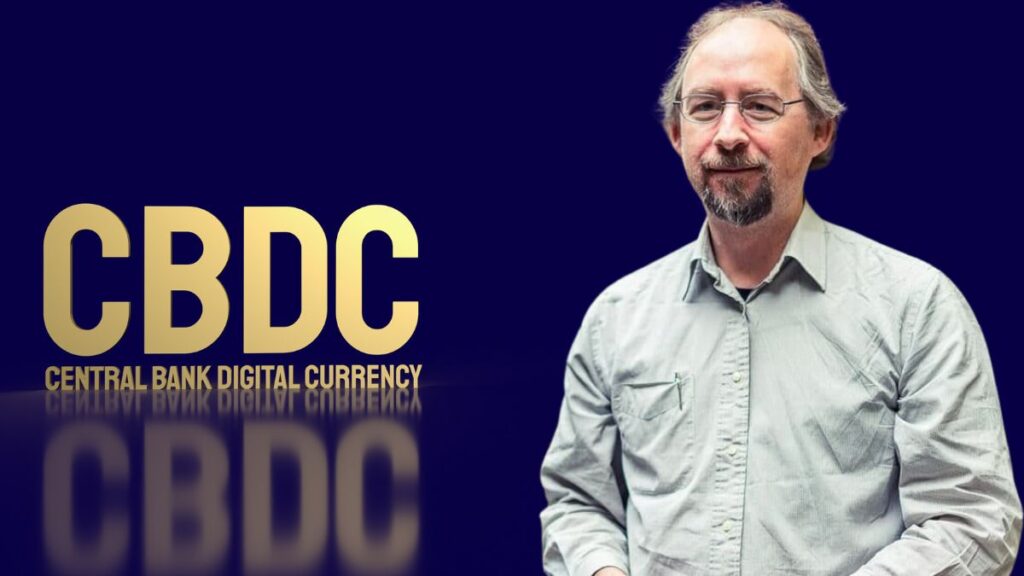
CBDC is worse than what we have today
With the growing interest in central bank digital currencies (CBDCs), many countries have mobilized through their monetary authorities, partnering with banks, fintechs, and even cryptocurrency projects to build this new form of money.
China, South Korea, Japan and India have been leading this movement, with pilot projects already fully operational or in the testing phase, moving ever closer to official launch.
The UK, US and Mexico are at an even earlier stage, in the research and development phase of centralized digital currencies.
But is this “solution” really positive for people?
According to Adam Back, CBDCs are worse than what we have today, in our current system where cash is controlled by central banks and digital money is already dominated by corporate cartels from banks, fintechs and governments around the world.
“Stablecoins > CDBC. in fact CDBCs are systems of control, worse than bank accounts, certainly worse than paper cash, worse than stable coins, and much worse than #bitcoin.”
The apolitical characteristic of Bitcoin stands out, since it is a decentralized currency, not subject to the control or arbitrary will of governments.
With the existence of a centralized digital currency, the tracking, surveillance and control of user funds (you and me) is just a button away from the politicians who change every four years in our electoral system.
With the implementation of this technology, these politicians can more easily enforce their decisions, leaving little or no way for people to protect themselves from authoritarian or tyrannical actions. Political enemies would be easily neutralized through money.
CBDC is worse than what we have today and that is why the adoption of decentralized, self-sovereign, unauthorized money is of paramount importance for the years to come.
Opinion
XRP: FOX Business Senior Correspondent Says SEC Is Losing Its Lawsuit Against Ripple

On Wednesday (July 20), American lawyer John Deaton (@JohnEDeaton1 on Twitter), the owner of the Deaton Law Firm (which is based in East Providence, Rhode Island), who has been closely following and commentating on the SEC’s lawsuit against Ripple, explained to Fox Business why the SEC is angry with him.
Deaton is also the founder of the website CryptoLaw, which “was launched in 2021 to be a clearinghouse of information, news and analysis on key U.S. legal and regulatory developments for digital asset holders”, as well as the host of the YouTube channel CryptoLaw.
As you may remember, on 22 December 2020, the SEC announced that it had “filed an action against Ripple Labs Inc. and two of its executives, who are also significant security holders, alleging that they raised over $1.3 billion through an unregistered, ongoing digital asset securities offering.” Essentially, the SEC is arguing that XRP is a security under U.S. federal securities laws.
On Tuesday (July 19), the New York Regional Office of the SEC filed a letter (dated June 7) addressed to U.S. District Judge Hon. Analisa Torres, in which the SEC said it “opposes six XRP investors”… motion to file an amicus brief regarding the opinions of one of the SEC’s experts.” The SEC went on to say that the U.S. District Court for the Southern District of New York should deny this motion and “prohibit Deaton from any further participation in these proceedings.”
Deaton’s comments were made during an interview with Fox Business Senior Correspondent Charlie Gasparino on “The Claman Countdown” show (which is hosted by Liz Claman).
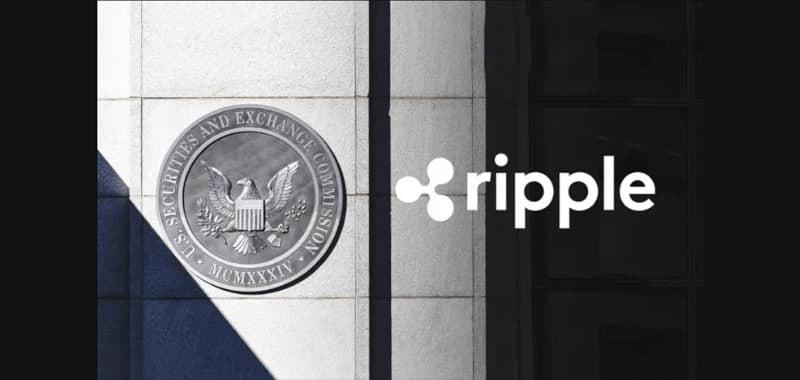
Gasparino wanted to know why the SEC is so upset with Deaton.
Deaton replied:
“It’s crazy times… I made a YouTube video where I did a satirical mock cross examination of former chairman Clayton, and I infused scenes from [the movie] “My Cousin Vinny”.
“And I tweeted a few things that were harsh criticism, and they told the judge that I shouldn’t be granted amicus status because of that. She rejected those views, granted me amicus status and, lo and behold, now they’re arguing that I should be thrown off the case.”
Later in the conversation, Gasparino said that the SEC is “losing the case,” and asked Deaton what is the next step.
Deaton said:
“Next month is due for summary judgements. That’s where each side tries to get a complete victory. The judge decides one way or the other, or she might decide that a jury has to issue certain factors, but you’re right Charlie. A lot is at stake because the SEC has come out and argued that the token itself — not just the way Ripple sells it — but that if anyone in the United States sells XRP, they’re violating section five. So, if the SEC were to get its way and deem XRP a security, the token itself, then every altcoin on the market including Ethereum would be in play for the SEC to get their hands on.”
The interview ended with Deaton saying that he had until Monday (July 25) to give his response to the SEC and that “hopefully, the judge within a week will give a decision.”
Opinion
Vitalik Buterin speaks out against invasion of Ukraine and calls military action a “crime”

Following the start of the Russian invasion of Ukraine, Vitalik Buterin, the co-founder of Ethereum, criticized that act calling it a “crime against the Ukrainian and Russian people.” Despite being born in Russia, the 28-year-old programmer ended his statement by saying, “Glory to Ukraine.”
In his most recent tweet, Vitalik Buterin said he is “very upset” about Vladimir Putin’s decision to go to war against Ukraine.
In his opinion, the military operation will have devastating consequences for both Ukrainian and Russian citizens.
The Ethereum co-creator is also pessimistic that the conflict will be resolved diplomatically. “I know there will be no security,” he predicted gloomily.
Born in Russia, Buterin seems to oppose his homeland in this war dispute and adds “Glory to Ukraine” at the end of his tweet. He further stated that while Ethereum is neutral, he is not.
The growing tension between the two nations has caused major disruption in the financial and cryptocurrency markets
Bitcoin, for example, plummeted to nearly $34,000, while most altcoins are also in the red.
The market capitalization of the digital asset market fell below $1.6 trillion, which means it has declined by approximately $200 billion since yesterday.
For his part, U.S. President Joe Biden called Russia’s attack “unprovoked and unjustified.” He also warned Putin of “further consequences” if the aggression is not stopped soon.
Boris Johnson, the UK prime minister, also backed Ukraine. He said Britain will provide a military support package to the attacked nation and impose tough sanctions on Russia.
-
Opinion2 years ago
XRP: FOX Business Senior Correspondent Says SEC Is Losing Its Lawsuit Against Ripple
-
Tutorials3 years ago
How to Earn, Farm and Stake CAKE on PancakeSwap with Trust Wallet
-
Altcoins News3 years ago
Projects with ongoing migration from Ethereum to Cardano
-
NFT3 years ago
CardanoKidz: The first NFTs arrive at Cardano
-
Tutorials3 years ago
How to set up a Bitcoin node: beginner’s guide
-
NFT3 years ago
SpaceBudz: new astronaut NFTs on Cardano
-
DeFi News3 years ago
Uniswap vs PancakeSwap: Full analysis
-
DeFi News3 years ago
Liqwid Finance the first DeFi project on Cardano: everything you need to know





